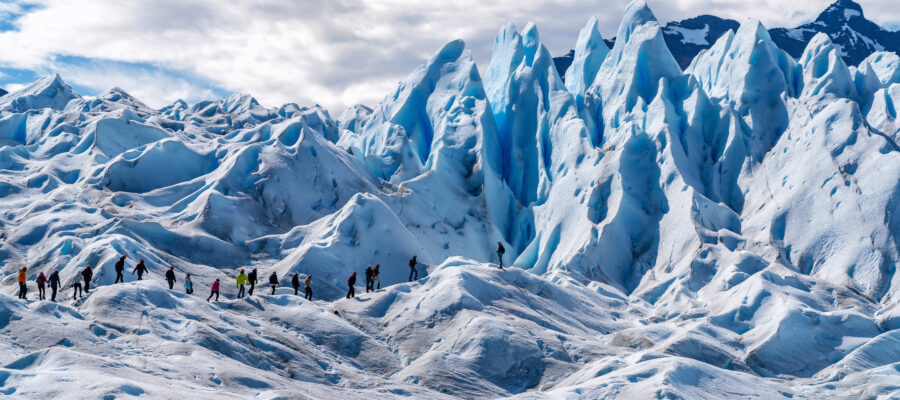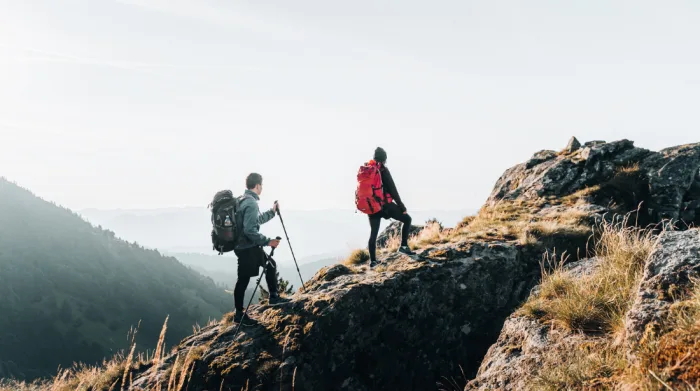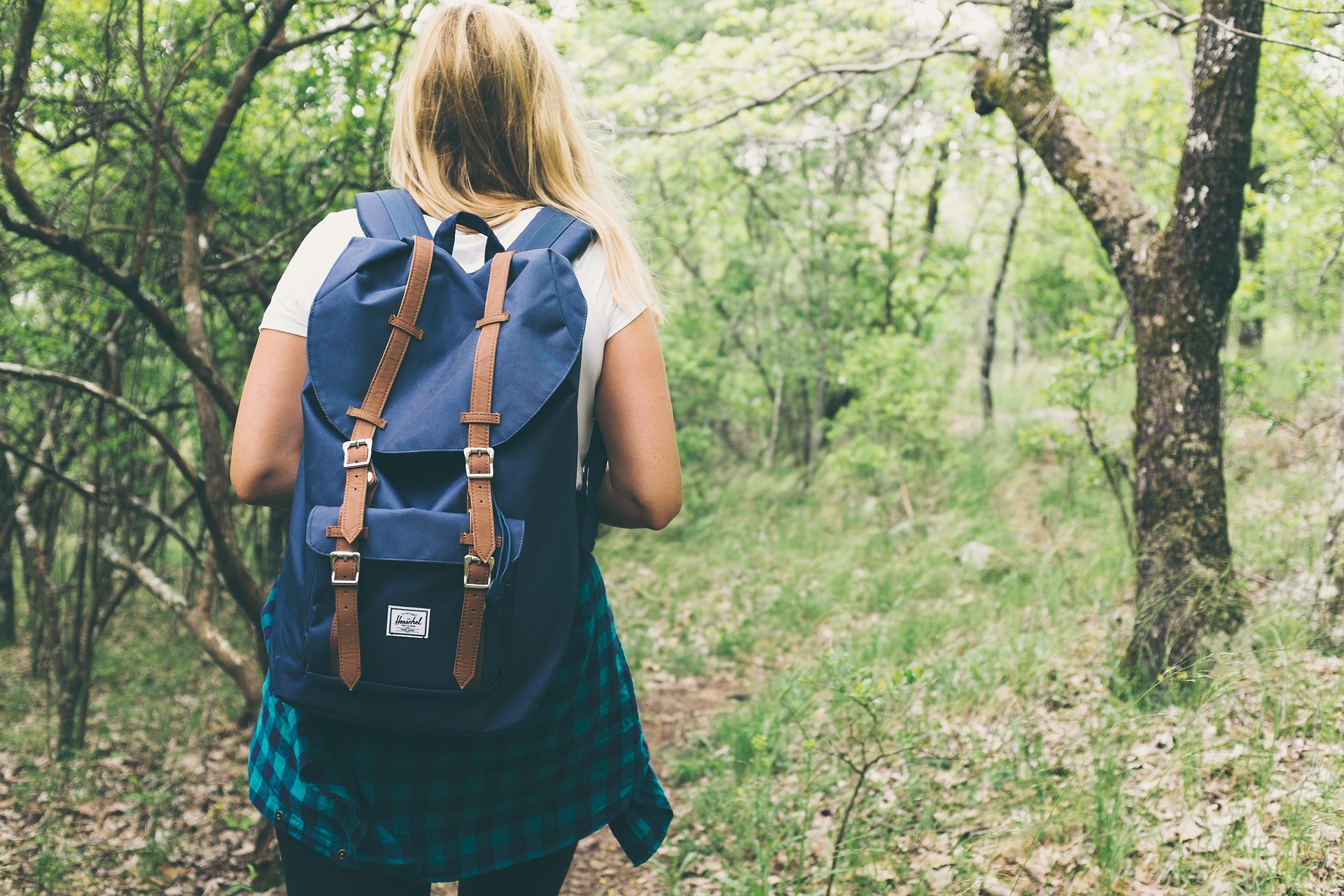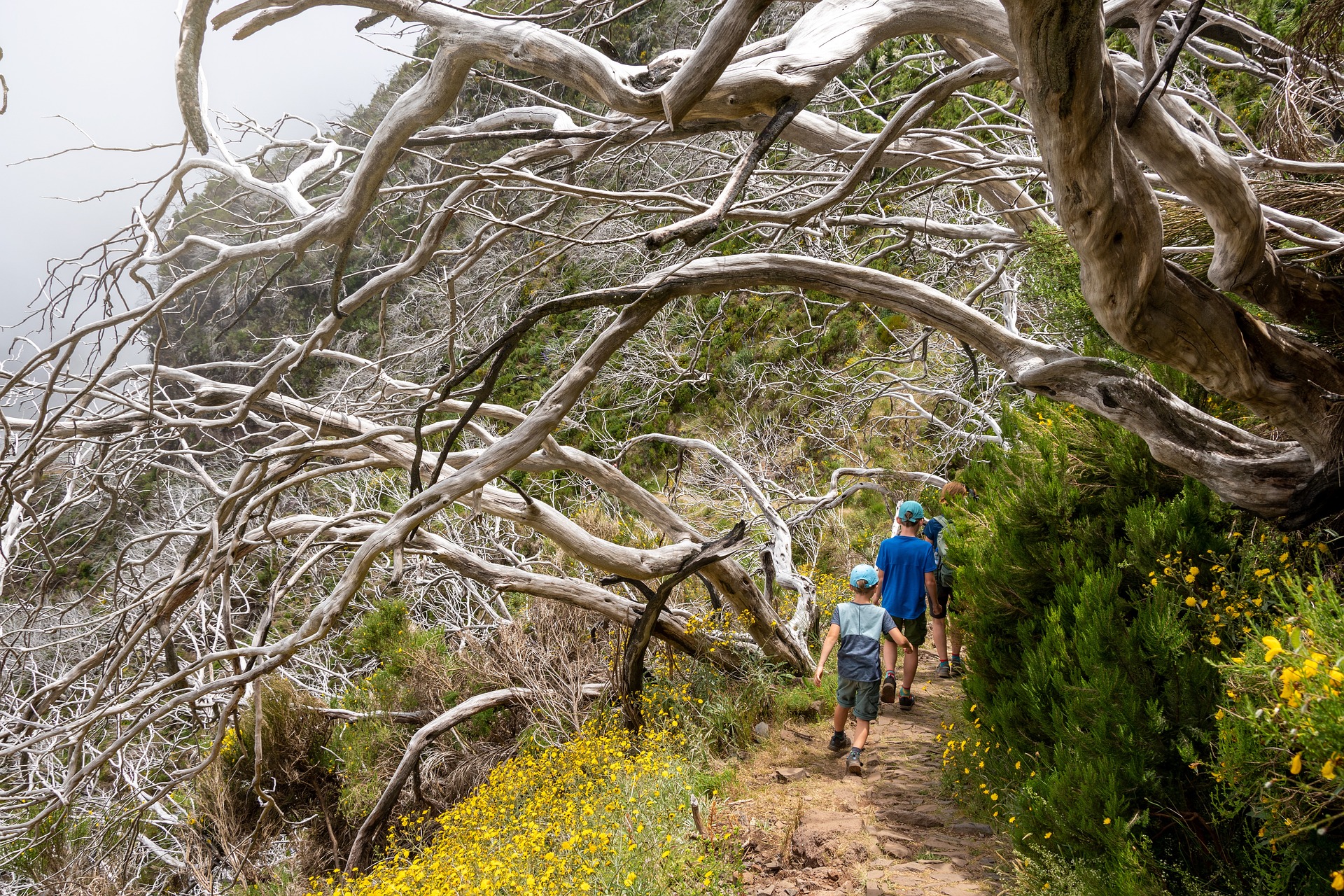What to Expect and How to Prepare for Cold-Weather Hiking
Trekking in winter can be a unique and exhilarating experience, but it also requires careful planning and preparation to ensure a safe and enjoyable trek. Here are some essential tips for trekking in winter:
- Check the weather: Winter weather can be unpredictable, so it’s essential to check the forecast before heading out on your trek. Be prepared for changing conditions and pack accordingly.
- Dress appropriately: Dress in layers to stay warm and dry. Wear a moisture-wicking base layer, an insulating layer, and a waterproof outer layer. Wear warm, waterproof boots and bring gloves, a hat, and a scarf.
- Bring the right gear: In addition to the appropriate clothing, bring trekking poles, snowshoes, and ice cleats if necessary. A good quality sleeping bag and a warm tent are also essential for overnight treks.
- Stay hydrated: It’s easy to forget to drink water when it’s cold outside, but staying hydrated is crucial in winter. Bring a thermos of hot water or tea to keep your fluids up and prevent dehydration.
- Know your limits: Trekking in winter can be physically demanding, so know your limits and don’t push yourself beyond what you can handle. Take frequent breaks and listen to your body.
- Be prepared for emergencies: In winter, the risk of hypothermia and frostbite is high. Bring a first aid kit and know how to recognize the symptoms of these conditions.
- Follow the trail: Winter conditions can make it challenging to see the trail, so it’s essential to follow the markers and stay on the designated path. Avoid deviating from the trail and risking getting lost.
- Plan for shorter days: In winter, the days are shorter, so it’s essential to plan your trek accordingly. Start early and plan for shorter distances to ensure that you reach your destination before dark.
- Carry emergency supplies: Bring a map and compass, a headlamp, a whistle, and a knife. These items can be lifesaving in an emergency situation.
- Respect the environment: Be respectful of the environment and avoid damaging the ecosystem. Pack out all trash and follow the principles of Leave No Trace.
Trekking in winter can be a challenging but rewarding experience. By following these essential tips, you can ensure that you have a safe and enjoyable trek and create unforgettable memories. Remember that preparation is key, and taking the necessary precautions can make all the difference.
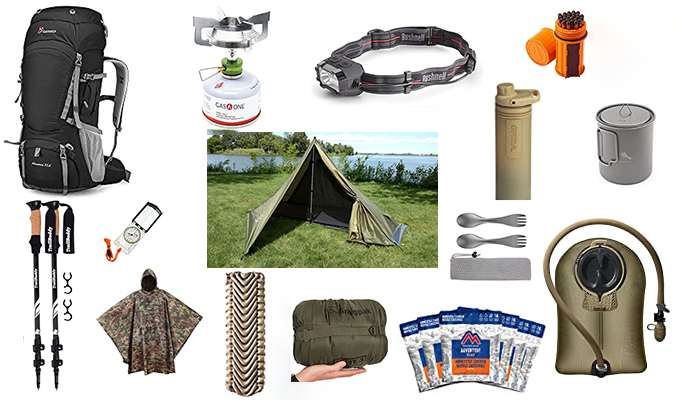
15.5 LB. TREKKING PACK ITEM LIST
This pack weighs in at 15.5 lbs. base weight and 23 lbs including 3 packs of food and 3.5 liters of water! MOUNTAINTOP 55L Hiking […]


